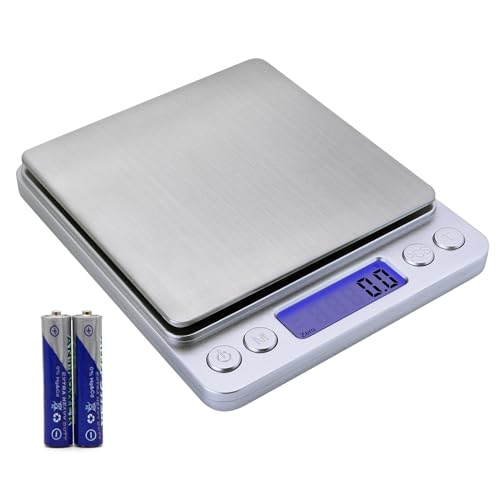I don't suppose anyone cares anymore, and I'm only digging a deeper hole for myself, but I think it does matter....how do you all react when someone tells you their soap isn't made with lye? Does it matter to anyone? oh yes, it does. And there are whole threads discussing how foolish people are who can't or won't understand the chemistry there.
If you believe that stirring lye crystals causes glass scratching, it is easy to assume that lye in solution won't damage glass (which is what you assumed when you said it was fine to use a slow cooker with a ceramic liner). Did you never wonder why salt doesn't scratch glass and cause damage? Or sugar? Or wonder where the alkali goes once the lye is dissolved? Or why raw soap is too alkali to be handled, but somehow the glass wouldn't notice anymore? Do you possess and use any glass dinnerware (eek, it BREAKS!!) or glasses with etched designs (good lord, they are etched deeply and visibly! But somehow the invisible etch of lye after one use renders a vessel unuseable?)?
In truth, it is possible that the ceramic liner is ALSO susceptible to lye etching over time, depending on the type of glaze used on it. It's more resistant, but so is B-S glass, and that detail was happily chucked out, so I imagine no one will consider this one.
I don't deny that glass etches. I posted several links, including a graph showing that over the course of 3 _hours_ of _boiling_, an alkali solution removes amounts of glass measured at less than 2 micrometers.
I realise you don't care at all about how utterly incorrect your understanding of alkali and glass is/was. That's fine. You're being sarcastic but that doesn't change the facts at all. I'm actually taken aback, but then I suppose I have forgotten how groups of people on the internet act.
In other threads, precise chemical explanations are appreciated as further detail and learning. Somehow, the "anti-glass" is a line that apparently must not be crossed, regardless of the precise chemistry involved. Since no one seems interested in the "how", I guess it is easier just to state a hard and fast rule.
I understand that no matter what the details are, you wish not to use or advocate the use of glassware in soaping (unless it is a slowcooker, or, apparently unless the lye is mixed with something, in which case you wish to ignore the alkali effect because it won't fit your system of thought about etching....) I think if one wants to rally so very hard against glass, one should take on some responsibility for understanding WHY and HOW the risk is incurred, instead of spouting nonsense, and then mocking the facts. *shrug*
I've already stated that if one feels the risk of using glassware exceeds one's comfort there are options that can be used. I don't care anymore given the nasty reaction to what initially was me trying to offer information. Since the thread has now degraded further to stupid memes, I don't see any point in further discussion.
I still feel that the precise "how" is not the important point. I don't know precisely what meth does to the body, but I know it's not a good idea to smoke it. If I was to suggest to someone not to smoke it, but then I couldn't explain exactly why it is bad, would that be a shocking thing? Does one need to know the precise reactions involved to be in a position to say "It's not a good idea"?
No, but if you then go on to say that meth is bad because it is made by aliens, prepare to be laughed at. You were that far wrong.













































